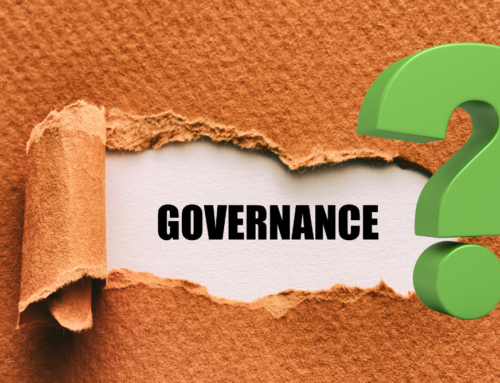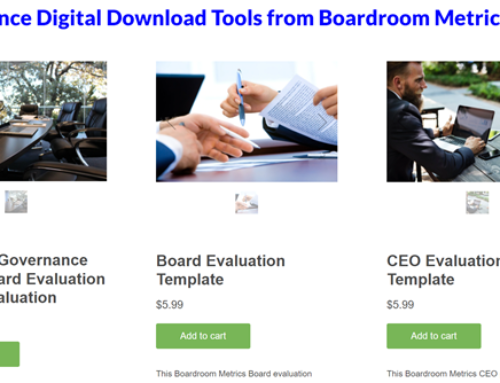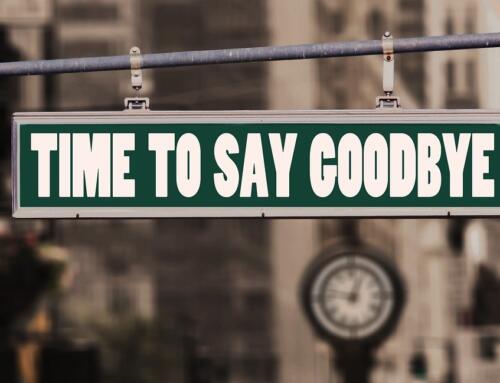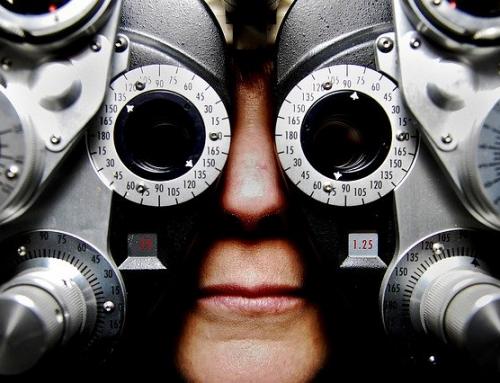Board Governance Depends on Where You Sit
Charles De Gaulle – Faced with crisis, the person of character falls back on himself. They impose their own stamp of action, take responsibility for it, and make it their own.
In my previous blog – Board Governance Depends On What Your View Is I shared that by acting independently, this will separate you as a board contributor in times of conflict and in times of crisis. In this blog, I will share with you strategies you can use to enhance decision making with your colleagues, stakeholders and employees.
The value of leadership from directors and board members is not to be understated. The real test of a board of directors comes when the corporation or the charity has to make decisions due a situation that is perceived to be of risk or in conflict to the organization. Independent directors, in particular, are counted upon to step up their responsibilities in these difficult times.
 Recently, I witnessed a few situations where ego and emotion usurped rational thinking. It wasn’t until one of the directors who had past military experience decided to step forward and ensuring the board focused on the proper course of action for the perceived crisis. He had previously been a quiet person in our meetings but his contribution as a director was to see through the crisis and provide leadership for those on the board and ultimately for the organization.
Recently, I witnessed a few situations where ego and emotion usurped rational thinking. It wasn’t until one of the directors who had past military experience decided to step forward and ensuring the board focused on the proper course of action for the perceived crisis. He had previously been a quiet person in our meetings but his contribution as a director was to see through the crisis and provide leadership for those on the board and ultimately for the organization.
We know from studies from the National Business Ethics Agency in the United States that when stakeholders and employees perceive a strong positive tone coming from the top, positive outcomes are more likely to happen.
Because every answer in a crisis has an impact on others, every question posed to the board is at least partly about the standard of care and duties that are expected of them. The board and senior executives can play a decisive role by resolving key questions and setting out the specific parameters for management.
Louis Pasteur – Chance favours the prepared mind
A board should develop a crisis plan that ensures both:
- the strength of its own culture to withstand the stresses that crisis brings, and
- its ability to effectively manage both the business interests and possible legal consequences when making decisions in crisis-mode.
It sounds very similar to the fire drills we went through as kids in school but in fact it’s about preparedness.
You best serve any board when you are equipped to do the following:
- Remain independent from the crisis (if possible)
- Manage your emotions
- Honestly evaluate the facts of the situation
- Recognize the core values of the organization as they relate to decisions being made by the team
- Make high-level decisions without interference
Aesop – Every actuality has two sides. It is well to look at both sides before we commit ourselves to either side.
What comes with staying focused on the crisis is clarity of mind and purpose. Strength of character is often seen in quiet, determined confidence can only come when one’s own personal benefits are put aside. Being resourceful is part decisiveness. It is part creative and innovative, part resilient, part never-take-no-for-an-answer attitude, and part networker extraordinaire. All of the above are determinants of being effective. It is knowing where the resources are and how to get them. Guided by an honest set of values that are consistent with an organization’s culture, you as a leader will be better able to respond with the decisiveness and speed that crisis require.
A company in crisis will want to live up to its stakeholders’ or shareholders’ expectations and do so to honour their interests. It sounds cliquish but it’s easier when those you serve are most in support of you.
 In a crisis, confident employees can also be a company’s best advocates; dissatisfied or distrustful employees, however, can be the worst enemy. With the growing power and presence of social media, this only amplifies shareholders, stakeholders and employees’ impact. It is a double edge sword as it creates both opportunity and risk.
In a crisis, confident employees can also be a company’s best advocates; dissatisfied or distrustful employees, however, can be the worst enemy. With the growing power and presence of social media, this only amplifies shareholders, stakeholders and employees’ impact. It is a double edge sword as it creates both opportunity and risk.
It is key as a board to establish a process for a thoughtful post-mortem – not to assign blame, but to learn from the past and move forward effectively. Looking back on crisis, determining what caused it, how the company managed the crisis, how to avoid a repeat and sharing the lessons with others can enable a company to benefit from the turmoil. In my view, recovery cannot be truly complete until a post-mortem that helps the board learn from and how if this were to occur again.
Crises and crisis management have many dimensions. When problems arise, survival demands strong performance in many areas and from everyone in the board room. Above all, boards and individuals on those boards are advised to take ownership of problems and fix them because something went wrong.
Knowing what to do is one thing. Knowing how to deal with a crisis and under pressure takes a whole other skill set. As an individual board member or a member of the group, own the action, take responsibility for it and try to control a positive outcome from the crisis.







Good article Tim and thanks. Quite true: top-down, seasoned and reasoned leadership in a crisis is paramount & it usually trumps all other considerations (nice to hear that the voice of sanity used to wear a uniform). Having contingencies and alternate COAs prepared is of course is what good strategically minded institutions have as a matter of habit – as long as said plans are exercised and communicated on a regular basis to the leadership team. (I’m reminded of a particular institution that had a C2 recovery plan in a locked binder, in a safe, etc, etc …..it was a brilliant contingency plan …its only flaw was that it had never been communicated, wargamed, exercised or rehearsed.)